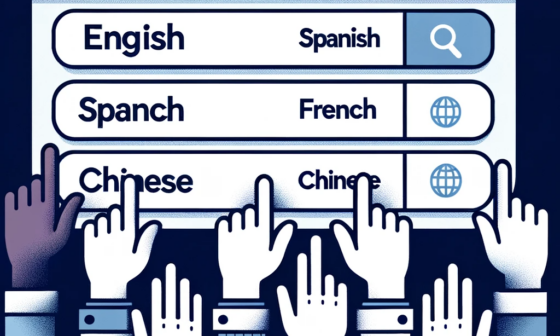What are related searches?
Related searches are search terms and queries that are closely associated with the primary keyword or phrase you enter into a search engine.
You can find the related searches at the end of the search result page.
Here is a screenshot as an example:

Google Related Searches versus Google Similar Search
While both terms sound alike, there’s a subtle distinction. “Google related searches” refer to terms directly connected to your main query, often displayed at the bottom of your search results. On the other hand, “google similar search” often denotes terms that share similarities but may not be directly connected.
Why Are They Significant?
Offer a richer search experience by unveiling related content. They also provide insights into trending topics and user interests, and serve as a tool for keyword research for digital marketers.
Further read: Brainstorming for keyword ideas
How does related search work?
The Algorithm Behind It
Without diving deep into technical jargon, think of related searches as recommendations based on collective user behaviors and search patterns. When numerous users search for Topic A and then for Topic B, over time, the algorithm identifies a connection and might suggest Topic B as a related search to Topic A.
Role of User Personalization
Individual search history plays a part. If you often search for “apple recipes”, you might see “apple pie” or “apple cider” in related searches.
Google Related Searches Tool
This tool is a boon for marketers. By identifying related keywords, it offers insights into potential target keywords that might not have been obvious initially.
Try Keyword Research Tool for free
What does breakout mean on google trends?
Google Trends is a platform that showcases the popularity of search queries over time. It’s a powerful tool for gauging public interest in topics, seeing their ebb and flow.
The “Breakout” Phenomenon
In the context of Google Trends, “breakout” refers to a search term that has seen a tremendous spike in popularity in a short span. This surge is often so significant that standard percentage growth doesn’t do justice, hence the term “breakout”. It indicates that a topic has suddenly captured public attention.
Related Searches Examples within Google Trends
If you’ve ever checked a trending topic on Google Trends, you’ll notice sections showcasing related queries. Some of these might be labeled as “breakout”, signifying 高仿巴寶莉 their sudden spike in search frequency.
Frequently Asked Questions:
What’s the difference between “google related search” and “google similar search”?
“Google related searches” are closely connected to your primary query, often seen at the bottom of search results. In contrast, “google similar search” denotes terms that share similarities but might not have a direct connection.
Why should digital marketers care about related searches?
Related searches provide valuable insights into user behavior, emerging trends, and potential keyword opportunities for targeting.
How can I use the “google related searches tool” for my benefit?
It’s an excellent tool for keyword research. By identifying and targeting related keywords, you can potentially reach a broader audience and tap into emerging trends.
Is “breakout” on Google Trends always a positive thing?
Not necessarily. While “breakout” signifies a surge in interest, the reason could be positive or negative. It’s essential to delve into the context behind the spike.






